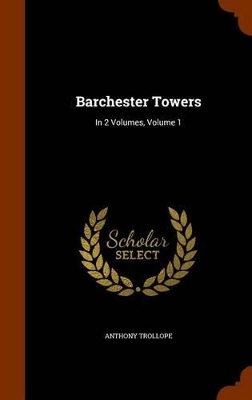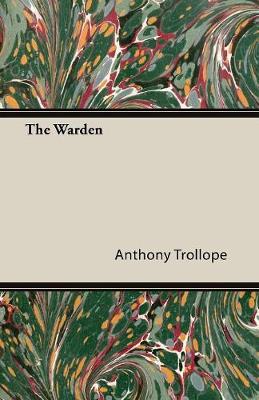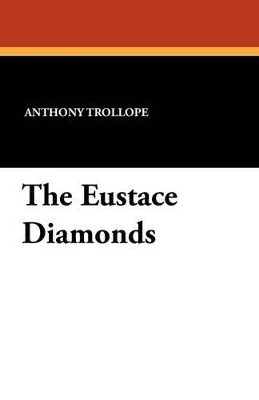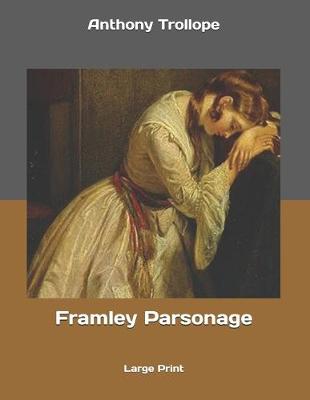Everyman Trollope
7 total works
After the death of old Dr Grantly, a bitter struggle begins over who will succeed him as Bishop of Barchester. And when the decision is finally made to appoint the evangelical Dr Proudie, rather than the son of the old bishop, Archdeacon Grantly, resentment and suspicion threaten to cause deep divisions within the diocese. Trollope’s masterly depiction of the plotting and back-stabbing that ensues lies at the heart of one of the most vivid and comic of his Barsetshire novels, peopled by such very different figures as the saintly Warden of Hiram’s Hospital, Septimus Harding, the ineffectual but well-meaning new bishop and his terrifying wife, and the oily chaplain Mr Slope who has designs both on Mr Harding’s daughter and the fascinating would-be femme fatale Signora Vesey-Neroni.
This is the second volume of Trollope’s Chronicles of Barsetshire. In his introduction, Robin Gilmour examines the novel’s political and social background and Trollope’s concern with changes occurring in society. This edition also includes a preface by J. K. Galbraith.
For more than seventy years, Penguin has been the leading publisher of classic literature in the English-speaking world. With more than 1,700 titles, Penguin Classics represents a global bookshelf of the best works throughout history and across genres and disciplines. Readers trust the series to provide authoritative texts enhanced by introductions and notes by distinguished scholars and contemporary authors, as well as up-to-date translations by award-winning translators.
For more than seventy years, Penguin has been the leading publisher of classic literature in the English-speaking world. With more than 1,700 titles, Penguin Classics represents a global bookshelf of the best works throughout history and across genres and disciplines. Readers trust the series to provide authoritative texts enhanced by introductions and notes by distinguished scholars and contemporary authors, as well as up-to-date translations by award-winning translators.
Anthony Trollope's stock-in-trade was the life of the great drawing rooms of mid-Victorian England, where the thirst for wealth and political power and the need for love continually formed and reformed in unexpected, illuminating combinations. Can You Forgive Her?, the story of Alice Vavasor, her conundrums in love, and her confusions about the rights and duties of a modern, is the first novel in his magnificent Palliser series; it is energized on every page by the affectionate and ironicdelight Trollope felt in observing the entanglements of his splendid characters.
For more than seventy years, Penguin has been the leading publisher of classic literature in the English-speaking world. With more than 1,700 titles, Penguin Classics represents a global bookshelf of the best works throughout history and across genres and disciplines. Readers trust the series to provide authoritative texts enhanced by introductions and notes by distinguished scholars and contemporary authors, as well as up-to-date translations by award-winning translators.






